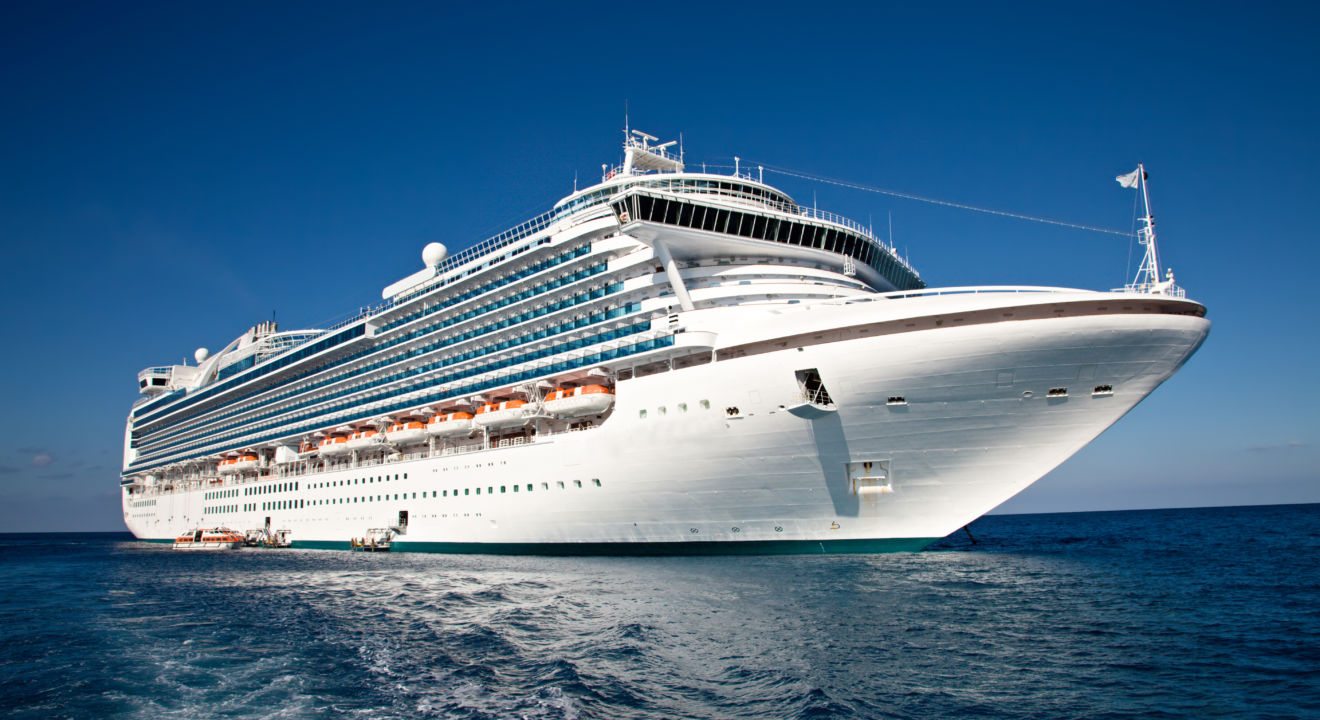Culture September 9, 2016


Many men and women consider vacation a time to relax and explore new places. Nowadays, though, it’s also the perfect opportunity to get your hands dirty building water filters. What am I talking about? The rising trend of voluntourism at sea and Fathom‘s introduction of a new way to cruise.
Fathom prides itself on impact travel, which allows you to combine your “love of travel with your desire to make a difference.” Cruises to the Dominican Republic from Miami started in April of 2016, offering travelers a chance to become humanitarian workers for a week.
In Puerto Plata, men and women can teach English to schoolchildren, plant and maintain cacao seedlings, make chocolate with Dominican entrepreneurs and build water filters to help the 3 million Dominicans who don’t have access to water.
Tara Russell, President of the Fathom brand, which is under Carnival Corporation, talked about her vision for the company with The Huffington Post. She said that the conversation about impact travel started in 2013 with Carnival Corporation’s CEO Arnold Donald. Since then, she has worked tirelessly to figure out how this inspiring new way of traveling would be possible.
In addition to volunteer opportunities in the Dominican Republic, Fathom travelers can also experience the culture of Cuba.
In 2016, Russell began looking at Cuba as a possible second destination when President Barack Obama loosened U.S. travel and trade restrictions with Cuba, allowing for people-to-people cultural exchanges between the two countries. Fathom was the first U.S. brand to cruise from the U.S. to Cuba. But because Fathom does not have permission to implement voluntourism in Cuba, those traveling have “education trips” to Cuba and learn about the culture from locals instead.
As of right now, the rates for Dominican Republic cruises start at $499 per person and at $2,320 per person for Cuba cruises. In addition to concerns about the prices, other questions about this type of cruising have appeared, ranging from “How is this sustainable?” to “What is being done to ensure the safety of children who come in contact with passengers?”
Russell says that, initially, she was also a skeptic when it came to combining social impact with tourism at sea.
However, Russell responded to the critics in an interview with Travel Market Report by saying that she had “met extensively with community members” to ensure that the brand would help in the areas the locals care about most: “education, the environment and economic development.”
Russell also said that Fathom wouldn’t be the only brand visiting the Dominican Republic to do social work. “There are nine other [Carnival] brands that are going to visit on a regular basis, so we have an ongoing stream of travelers to sustain our efforts.” Responding to concerns that children should not have new teachers every week to learn English, Russel states that the children will feel they have “friends all over the world who believe that [they’re] going to graduate from high school.”
Fathom’s Adonia not only offers new experiences on land but also many activities at sea. The ship itself does not have a luxurious, elegant design, but that’s not the point, according to Russell. With Fathom, the ship is not the highlight of the cruise. Instead, the highlight is the people passengers meet and the inspiring work they do along the way.